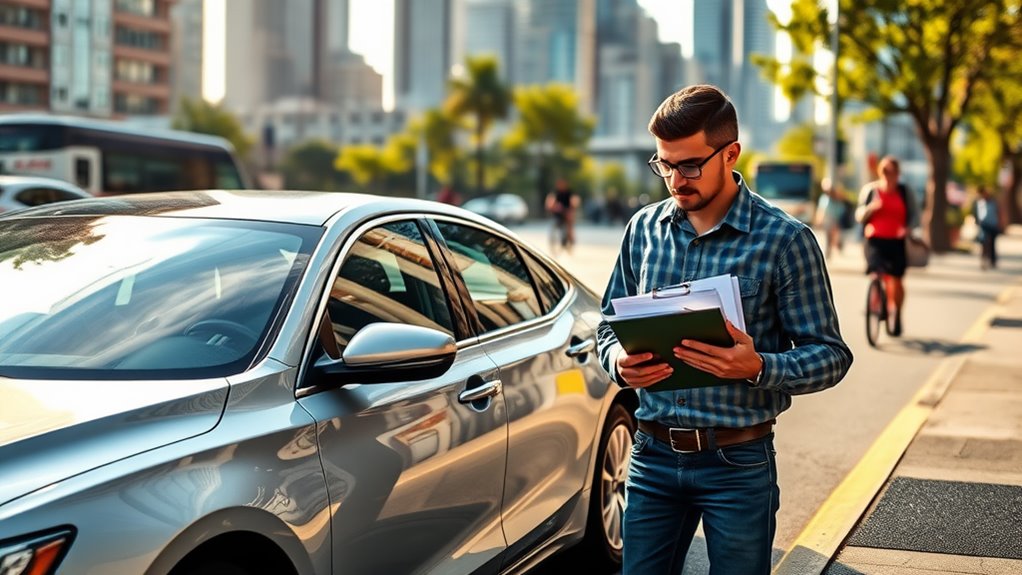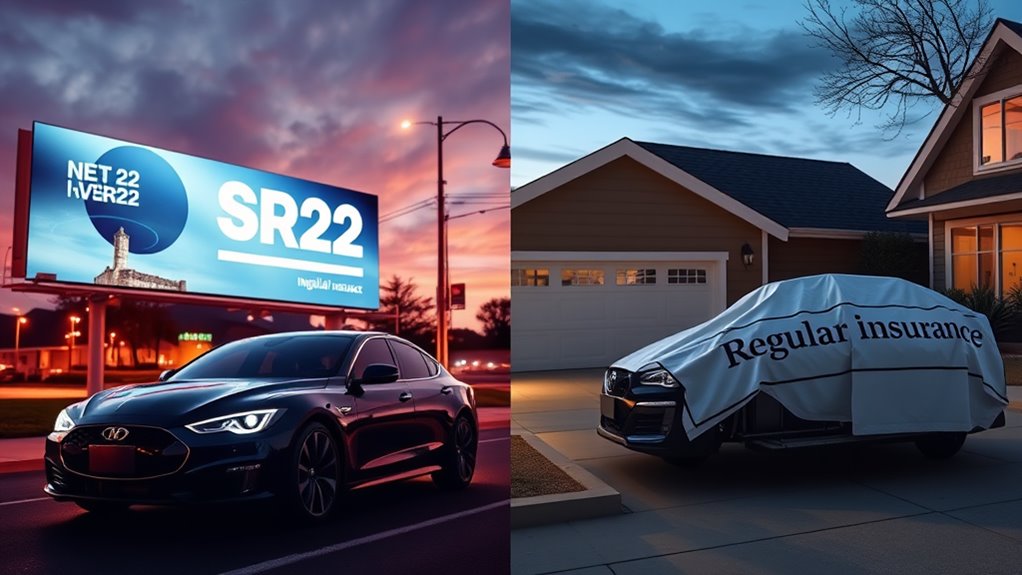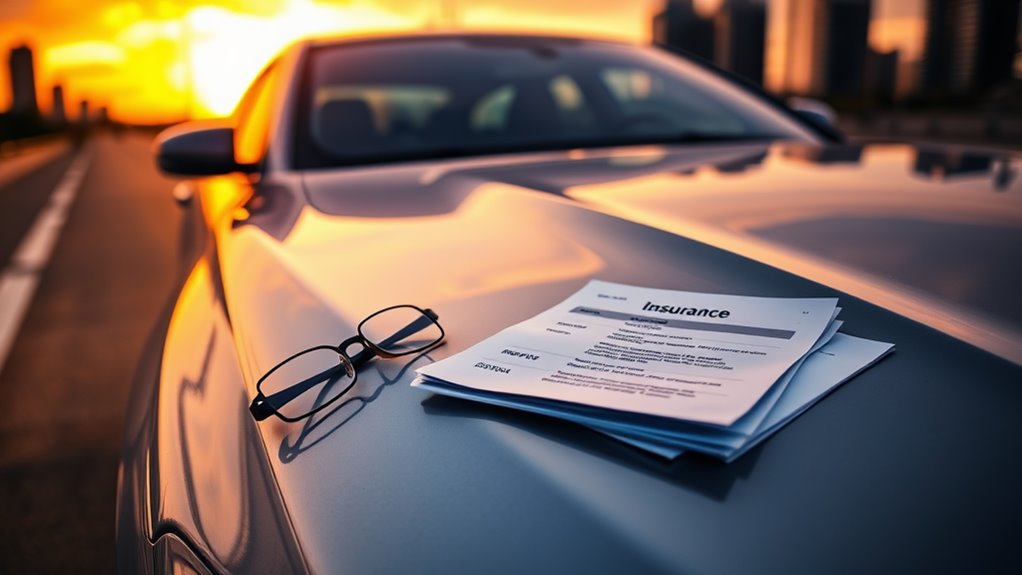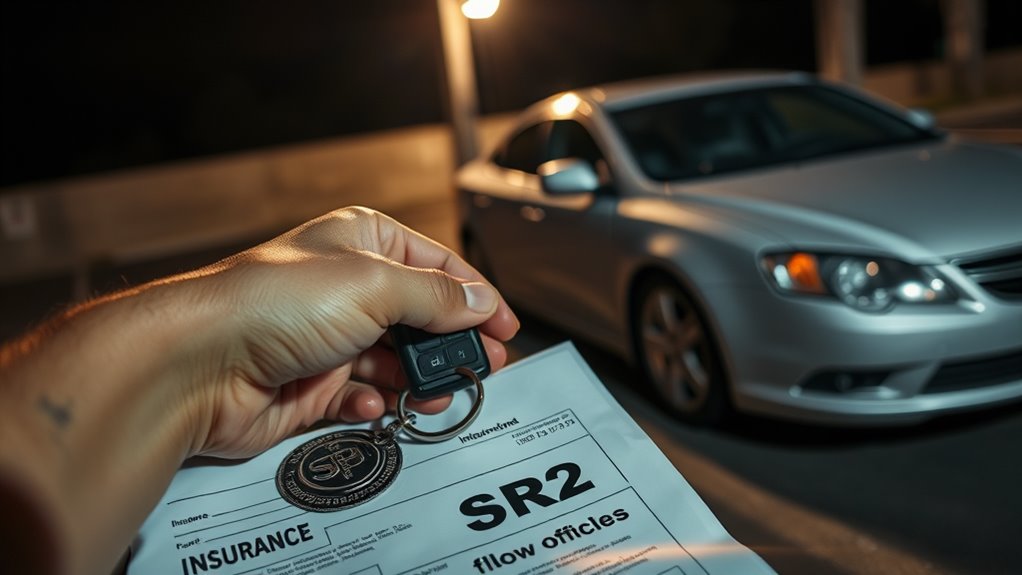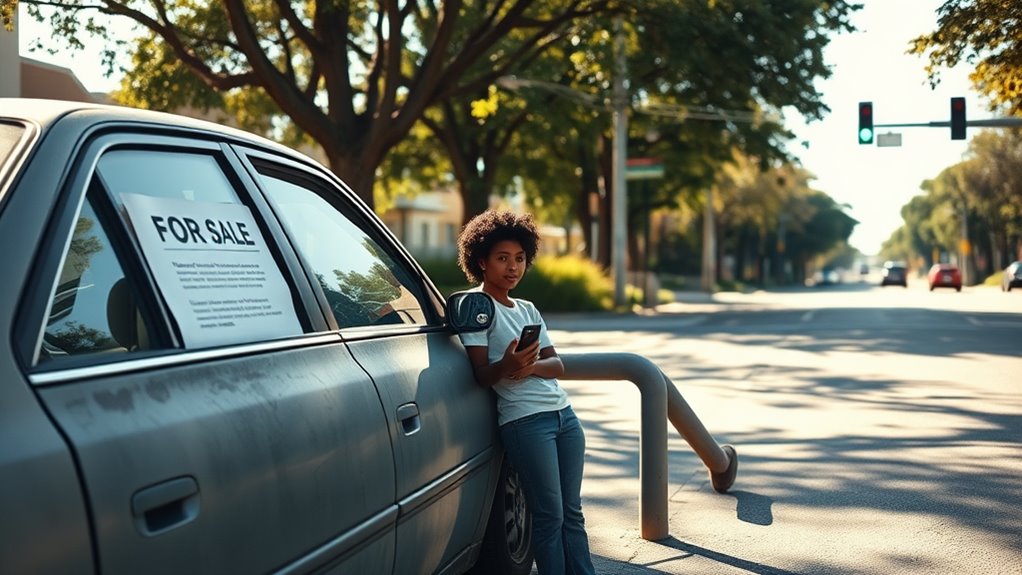State Guidelines for SR22 Insurance Requirements
Many drivers aren't aware that SR22 insurance requirements can differ widely from state to state. This means what applies in one location might not hold true in another, especially after serious violations like DUIs. You could face specific filing durations and costs that vary greatly, impacting your overall insurance experience. Understanding these differences is essential, particularly if you're planning to move or have recently relocated. What implications could this have for your driving record and insurance rates?
Maneuvering the complexities of SR22 insurance requirements can feel intimidating, especially if you've encountered serious traffic offenses. Understanding the basics is essential because SR22 isn't insurance in itself; it's a certificate of financial responsibility. This certificate proves that you meet your state's minimum liability insurance requirements, ensuring that high-risk drivers like yourself maintain necessary coverage after serious infractions. Additionally, many drivers are unaware that obtaining affordable SR-22 insurance options can significantly ease the financial burden of compliance.
Most states mandate that you file an SR22 after certain convictions, which usually include DUI/DWI, at-fault accidents without insurance, or reckless driving. It's important to know that while most states require an SR22, certain states do not, so you'll need to verify your specific state's regulations. The costs associated with maintaining SR22 insurance can vary greatly, typically ranging from $300 to $800, depending on your state and the type of incident that triggered the requirement.
Filing an SR22 form is something your insurance company will handle with the state motor vehicle departments. When you're required to have an SR22, you also need to maintain continuous coverage for a designated period, which usually spans three to five years. If you allow your coverage to lapse or cancel your policy, your insurance company is obligated to report this non-compliance to state authorities, which could lead to the suspension or revocation of your driving privileges.
It's also essential to recognize that being classified as a high-risk driver due to your SR22 requirement may lead to increased insurance premiums. You might find that your rates go up greatly, reflecting your high-risk status. Different states have varying liability requirements, which directly influence the costs associated with SR22 insurance. Additionally, the specific type of traffic offense you committed will also play a role in determining your premium.
You should note that moving to another state doesn't automatically exempt you from your SR22 obligations. If you've been mandated to maintain an SR22 in your original state, you'll likely have to continue doing so, even if you relocate. Each state has different rules regarding the duration of SR22 requirements, with some states imposing longer periods than others. For instance, California typically requires an SR22 for three to five years following specific offenses.
If you don't own a vehicle, you can still obtain what's called a non-owner SR22 policy. This provides coverage while you're driving a vehicle that isn't registered in your name, which can be a practical option for many. The process involves your insurance company filing the necessary forms, and it may require you to either add the SR22 to an existing policy or apply for a new one altogether. SR-22 insurance is crucial in ensuring that high-risk drivers remain accountable for their financial responsibilities on the road.
Conclusion
Maneuvering SR22 insurance requirements can feel like walking a tightrope—one misstep could lead to hefty penalties. On one side, you have states with strict regulations and high costs, while on the other, some offer more lenient approaches or don't require SR22 at all. Understanding these contrasting guidelines is essential, especially when relocating. By familiarizing yourself with your new state's laws, you can maintain compliance and avoid unnecessary complications, ensuring a smoother driving experience ahead.

